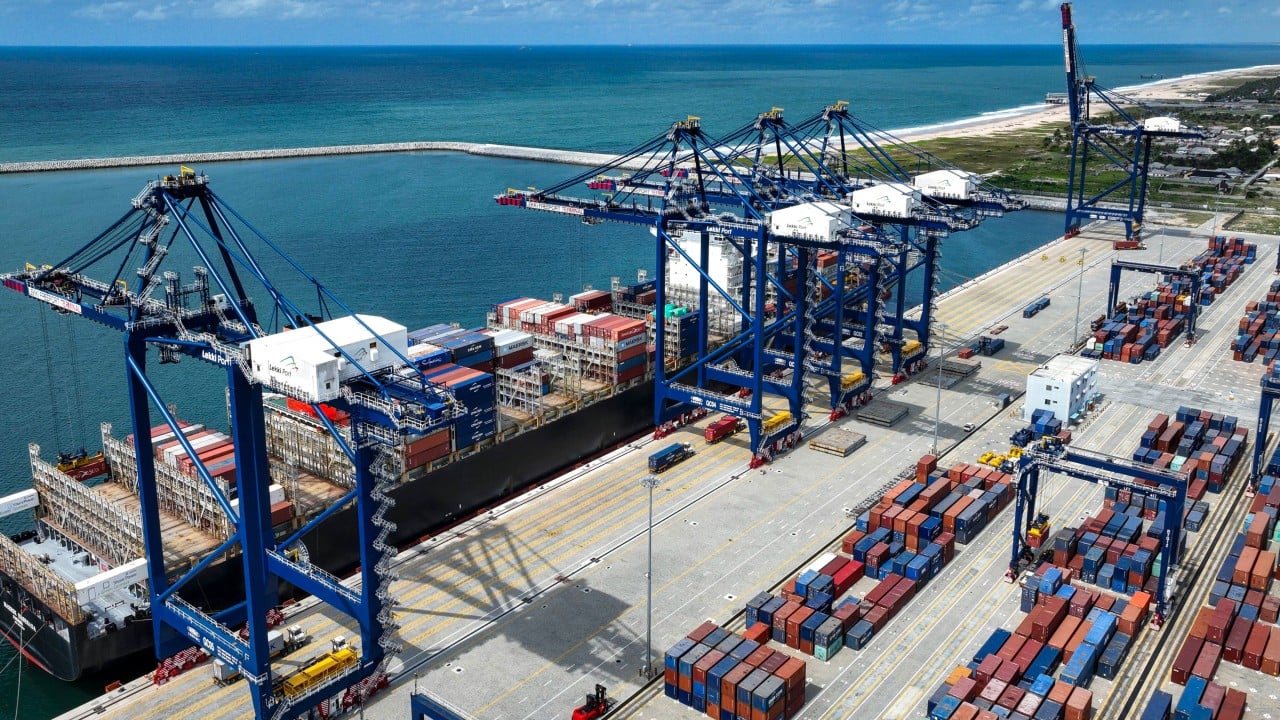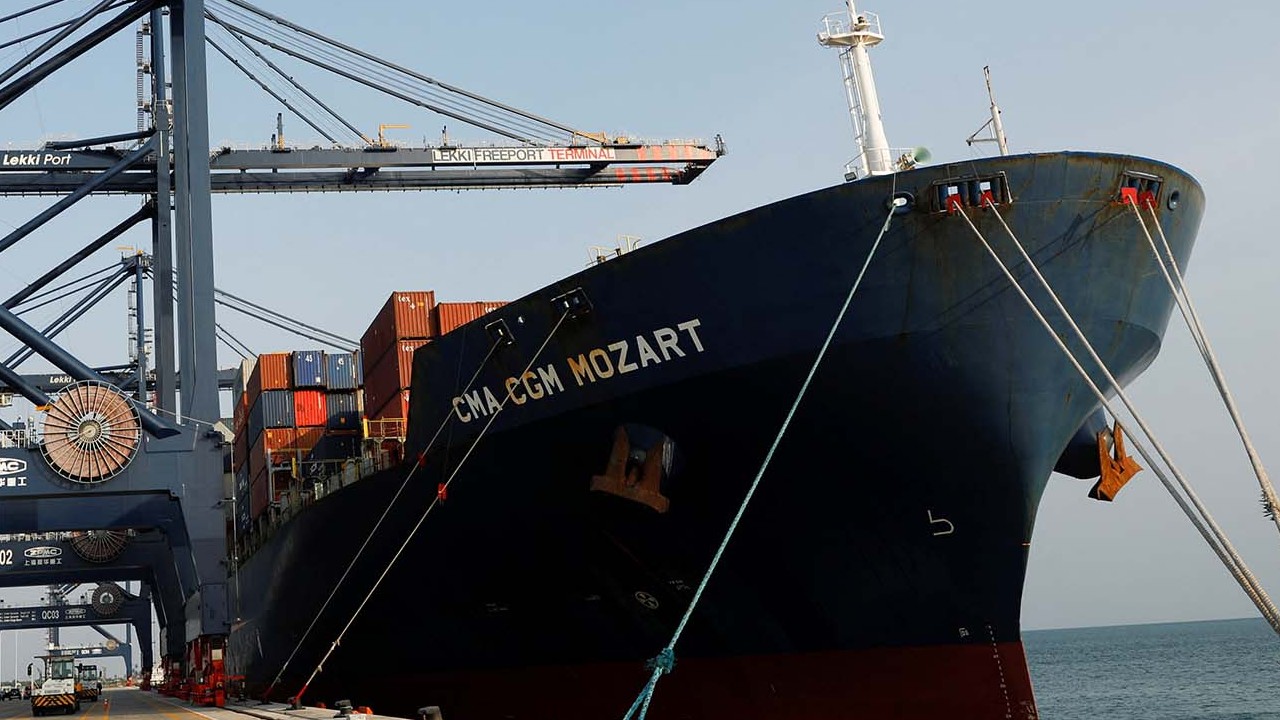Nigeria is actively courting Chinese investment with the establishment of a dedicated office to streamline partnerships just months after President Bola Tinubu’s return from Beijing.
Advertisement
In September, the Nigerian president attended the Forum on China-Africa Cooperation (FOCAC) in Beijing and carried out a state visit to China, and since then more than 200 Chinese companies have expressed interest in investing in Nigeria. It followed the signing of the Nigeria-China relationship agreement last year, with 74 of those companies specifically focused on the oil and gas industry.
According to a statement by Jaafaru Yakubu, chairman of Nigeria’s House of Representatives Committee on Nigeria-China Relationship, on March 5, the shift was “signalling a major boost for the sector”.
While China obtains oil from sources closer to home, such as from Russia, observers note that its growing engagement with Nigeria is driven by broader opportunities, including infrastructure projects and access to the West African nation’s large market.
Historically, little of Nigeria’s oil and gas has been refined domestically, “so this is probably an area where value can be added to Nigeria’s exports, and relatively easily”, according to Lauren Johnston, a specialist in China-Africa relations and associate professor at the University of Sydney’s China Studies Centre.
Until recently, Nigeria has relied heavily on imported refined petroleum products despite the country being Africa’s largest oil producer. But the recently built mega Dangote oil refinery – owned by Africa’s richest man, Aliko Dangote – can process 650,000 barrels of oil a day.
Advertisement
For now, China is less dependent on Nigeria’s oil overall since it buys from closer markets such as Russia and the Middle East, according to Johnston.


